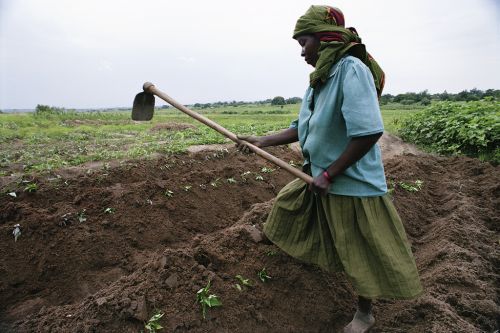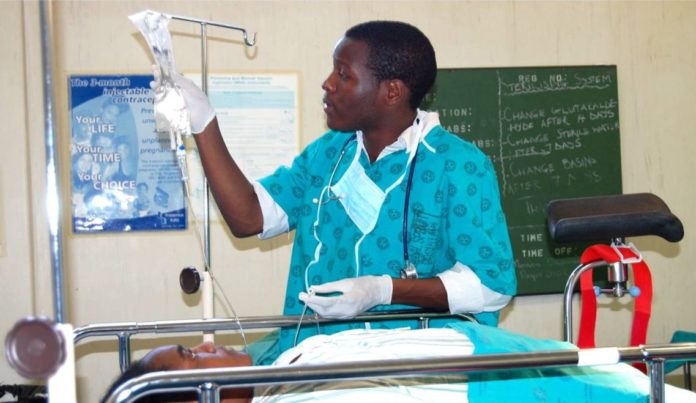Pharma.Aero and TIACA (The International Air Cargo Association) have set up a Food and Farm for Health project to underscore the value and role of air cargo in healthcare access and economic development in low- and middle-income countries.
Developed in collaboration with the Cool Chain Association and the Humanitarian Logistics Association, it seeks to optimize air cargo’s potential to deliver life-saving medicines while simultaneously supporting local agricultural economies.
Leveraging the expertise of specialists in pharmaceutical logistics, humanitarian supply chains, and temperature-sensitive freight, the project will analyze global air cargo movements, assess their economic impact and evaluate their role in advancing the United Nations Sustainable Development Goals.
Secretary general of Pharma.Aero, Frank Van Gelder, said: “We recognized a critical gap and initiated this project to use air cargo as a dual-purpose tool: flying in life-saving pharmaceuticals and medical supplies while flying out perishable agricultural products – like fruits, vegetables, and flowers – from local farmers to Western markets.
“By utilizing available cargo space on return flights, we create a more cost-effective, efficient trade route. This approach not only ensures faster access to essential medicines and vaccines, but also opens new market opportunities for farmers, boosting local economies and providing better access to international markets.”
TIACA chair, Steven Polmans added: “Air cargo is more than a mode of transport – it’s a critical lifeline for economies and communities across the globe.
“From Kenya’s flower exports supporting millions of jobs to India’s seafood sector driving billions in trade, our work confirms that airfreight is a catalyst for opportunity, health, and resilience.
“As TIACA, we’re committed to building smarter, more equitable supply chains that serve both people and planet. This project is a key step in advancing that vision — and we thank all contributors for bringing their expertise and passion to this important work.”
Cool Chain Association board member, Ian Buck said: “Aligning healthcare providers in their mission to provide lifesaving treatments and preventative medicines to developing and emerging regions, and in turn giving those regions an economic reach for their home grown and produced perishable products is the balance we seek.
“Highlighting those connections and looking to forge partnerships and understanding with solid data at either end we hope will provide access and benefits for all.”
Humanitarian Logistics Association chief executive, George Fenton commented: “The aid sector recognises the need to change but is struggling to bring about transformation through evolution. There is a huge need to find innovative ways to strengthen local supply chain capability. The air cargo industry is vital to the fast delivery of humanitarian aid, yet the last mile is still the greatest challenge. The Food and Farm for Health project will provide valuable insights to support effective, sustainable, change through improved cross-sector coordination, collaboration and knowledge sharing.”









